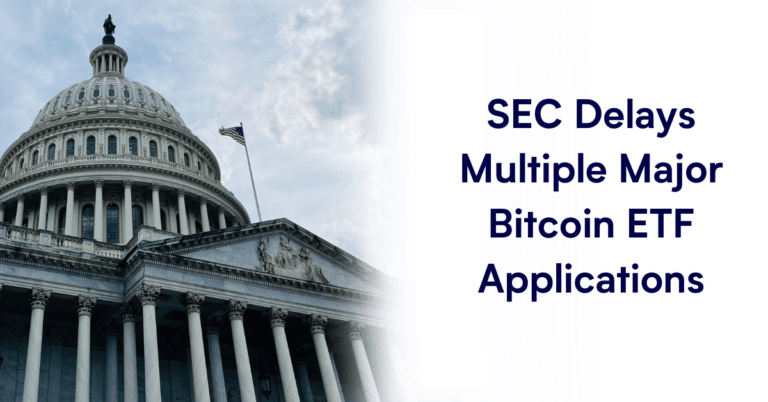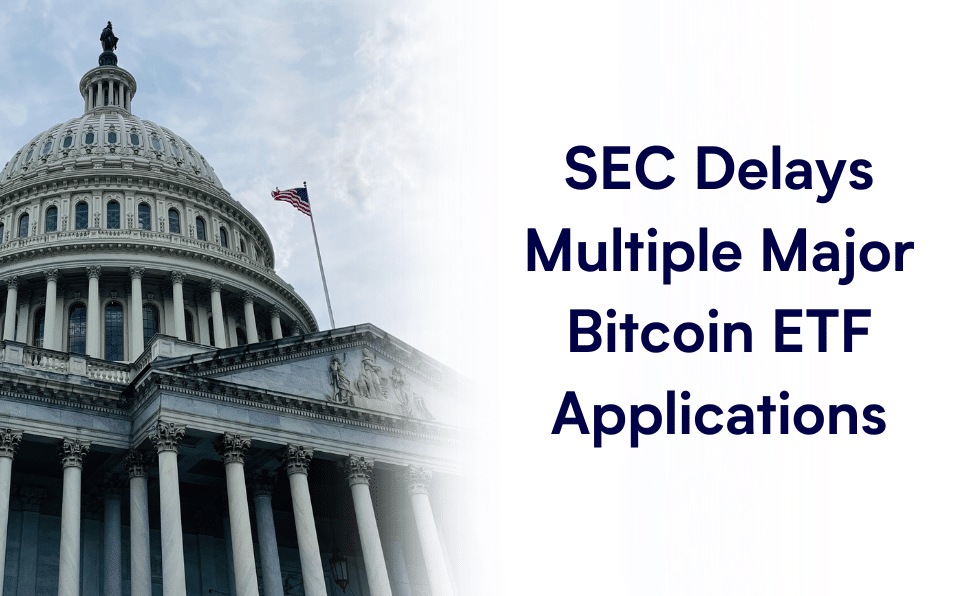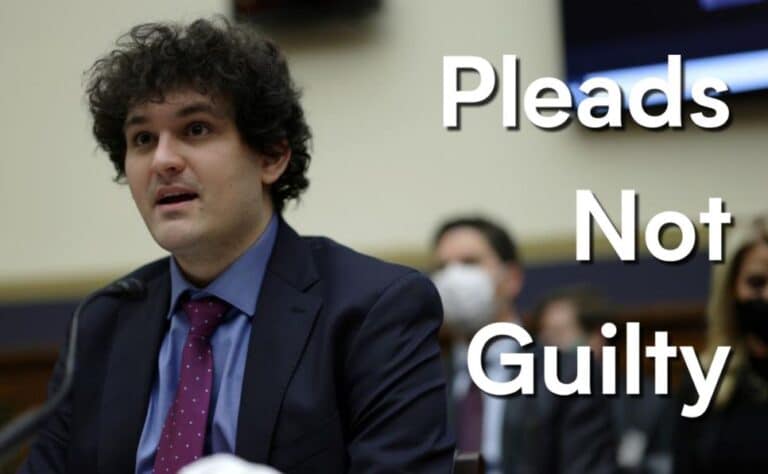Welcome to the latest edition of This Week in Crypto, your trusted source for the most significant developments in the world of cryptocurrency and blockchain technology. In this week’s edition, we delve into Buenos Aires’ groundbreaking foray into blockchain-based digital identity, uncover how Texas has risen to prominence as a major player in Bitcoin mining, and the SEC’s decision to delay multiple major Bitcoin ETF applications. Stay informed and up-to-date with the stories that matter in the ever-evolving crypto landscape.

Buenos Aires Announces Blockchain-based Digital Identity Program
Buenos Aires, the capital of Argentina, is poised to revolutionize its bureaucratic processes through the integration of blockchain technology. An announcement on September 28 revealed that starting in October, residents of the city will have access to their identity documents through a digital wallet.
The initial documents available on this blockchain-based system encompass birth and marriage certificates, as well as proof of income and academic verification. The roadmap for extending this solution nationwide is set to be defined by the end of 2023. This pioneering project is underpinned by QuarkID, a digital identity protocol developed by Web3 company Extrimian. QuarkID wallets leverage zkSync Era, an Ethereum scaling protocol employing zero-knowledge rollups. This technology enables one party to validate a statement’s accuracy to another party without disclosing specific information about the statement itself. “This is a monumental step towards a safer and more efficient future for government services in Latin America,” stated Guillermo Villanueva, CEO of Extrimian.
The data stored within these wallets will be self-sovereign, empowering citizens to control the distribution of their credentials when interacting with government entities, businesses, and individuals. ZkSync Era will serve as the settlement layer for QuarkID, ensuring the accuracy of each citizen’s credentials.
The Argentine government and the City of Buenos Aires envision this digital identity framework as a public asset. According to Diego Fernandez, Buenos Aires’ Secretary of Innovation, “With this development, Buenos Aires becomes the first city in Latin America, and one of the first in the world, to integrate and promote this new technology and set the standard for how other countries in the region should use blockchain technology for the benefit of their people.”
The program is not limited to basic documents; it is also extending to further vital records. Starting in November, proof of income and certificates of academic attendance will be accessible, essential for citizens seeking benefits. The city authorities plan to reveal their anticipated roadmap by the year’s end, with the goal of enlisting 2.5 million citizens to utilize QuarkID wallets.
Omar Azhar, Head of Business Development at Matter Labs, emphasized the significance of this initiative, stating, “We’re excited to be part of this initiative that sees the first major country push a digital ID solution to its citizens. The City of Buenos Aires is leading the way with this innovation and setting an important precedent in the region.” Buenos Aires’ adoption of blockchain for digital identity is poised to redefine government-citizen interactions and serve as a global example of the potential of blockchain technology in public services.

Texas Dominates U.S. Bitcoin Mining with 28.5% Hash Rate Share
Texas has emerged as the frontrunner in Bitcoin mining across the United States, commanding an impressive 28.5% of the nation’s total hash rate, according to data from Foundry, the world’s largest Bitcoin mining pool. This statistic marks a substantial surge from 2021 when Texas held just 8.4% of the hash rate share.
The shift in dominance is not isolated to Texas alone; it is also accompanied by changes in other states. Georgia, which once held a significant lead in 2021 with 34.2%, now accounts for 9.6% of the hash rate, while New York’s growth has been stagnant at 8.8% due to restrictions on fossil fuel-powered miners.
A key factor driving Texas’s rise as a Bitcoin mining powerhouse is the state’s innovative approach to incentivizing miners to support the electricity grid. During peak demand times in sweltering summers or frigid winters, the grid operator ERCOT requests miners to halt operations, ensuring an adequate power supply for residential consumers. Miners are later compensated for their cooperation, making it a mutually beneficial arrangement. The data from Foundry was sourced in July, a period marked by substantial power curtailment for the region’s miners, leading the company to believe that the 28.5% estimate may be conservative.
While Foundry’s statistics offer a compelling perspective, the University of Cambridge also maintains public data on Bitcoin hash rate and electricity consumption. However, their mining map hasn’t been updated since January 2022, showing Texas with only 11.2% of the U.S. hash rate. Alexander Neumueller, Cambridge Research Lead for Digital Assets Climate Impact, mentioned that they aim to update their mining map by early next year, emphasizing the importance of a large sample size and avoiding overrepresentation by any single pool.
Texas’s ascendance in the Bitcoin mining arena showcases the state’s favorable conditions, including affordable energy costs and a welcoming regulatory framework. Its ability to balance energy supply and demand through power curtailment incentives has created an ecosystem that is increasingly attractive to miners, positioning Texas as a prominent player in the global Bitcoin mining landscape.

SEC Delays Multiple Major Bitcoin ETF Applications
The wait for crucial decisions on Bitcoin exchange-traded funds (ETFs) continues, as the U.S. Securities and Exchange Commission (SEC) announces further delays in their rulings. Investors and the crypto community are keenly monitoring these developments, as the SEC grapples with the complexities of cryptocurrency regulation.
The SEC has once again extended its review period for four prominent Bitcoin exchange-traded funds (ETFs) filed by BlackRock, Bitwise, Invesco Galaxy Digital, and Valkyrie. This marks the second delay in a month for these highly anticipated funds. While investors and enthusiasts had hoped for a decision by now, the Commission is still in the process of gathering public comments on the proposals and has not reached a final verdict. Initially, the SEC’s decision deadline for these ETF applications was scheduled between October 16 to 19. However, the recent delays have pushed back the expected announcement.
The extended delay in the approval or rejection of these Bitcoin ETFs underscores the ongoing challenges and uncertainties surrounding cryptocurrency regulation. Market participants have been eagerly awaiting regulatory clarity, and the decisions on these ETFs are sometimes interpreted as potential indicators of the SEC’s stance on broader crypto market participation.
While a government shutdown was successfully averted over the weekend, the focus remains on the regulatory landscape and its impact on the crypto industry. The crypto community continues to follow these developments closely, with hopes that a decision from the SEC will provide greater insight into the future of Bitcoin ETFs and regulatory framework in the United States.








